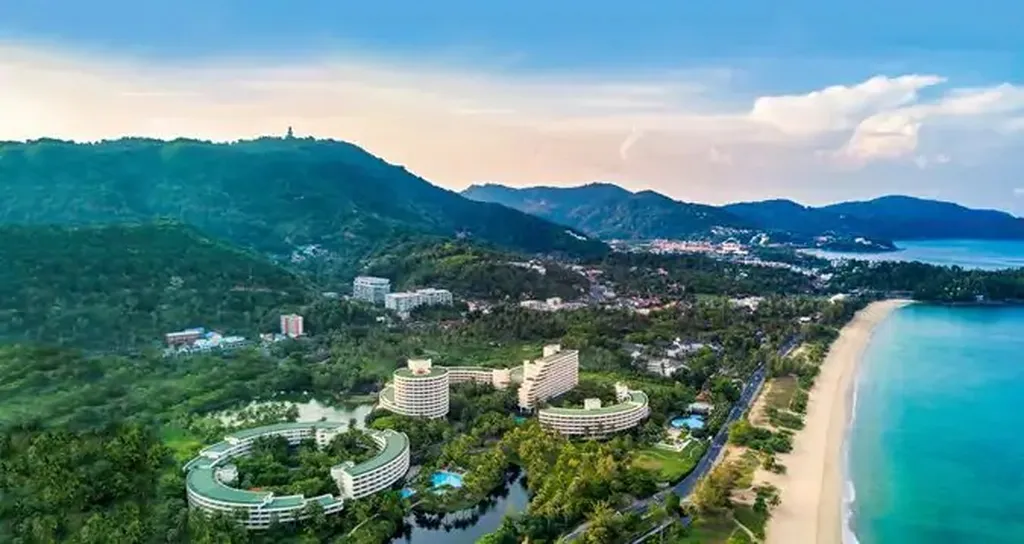A new biodegradable hydrogel system for hydroponic farming could offer a sustainable solution to some of agriculture’s most pressing challenges—water scarcity, plastic waste, and soil degradation—while paving the way for real-time plant health monitoring.
Developed through a collaboration between the Free University of Bozen-Bolzano (UniBz) and the Istituto Italiano di Tecnologia (IIT) in Genoa, the innovation replaces petroleum-based growing substrates with a fully compostable material derived from red algae. The hydrogel, made from carrageenan—a natural polysaccharide—can absorb and retain up to 7,000 times its weight in water, drastically reducing irrigation needs. Unlike conventional hydroponic foams, which often end up as non-recyclable waste, this system decomposes harmlessly in soil, leaving no toxic residue.
The research, published in *Agricultural Science & Technology*, demonstrates that the hydrogel not only supports seed germination but also enhances plant growth. Tests with *Arabidopsis thaliana*, a widely used model plant, showed more vigorous development compared to traditional hydroponic substrates. The material’s porosity allows it to hold water and nutrients efficiently, while added whole-algae extracts act as biostimulants, improving stress resilience and nutrient uptake.
**A Step Toward Precision Agriculture**
Beyond its immediate benefits, the hydrogel is designed to evolve into a smart farming tool. Researchers at UniBz’s Sensing Technologies Lab are working to embed biodegradable sensors within the material, enabling real-time monitoring of moisture levels, nutrient availability, and plant health. This integration could help farmers optimize resource use, reducing water and fertilizer waste while preventing over- or under-irrigation—a critical advantage as droughts become more frequent.
The project reflects a broader shift in agricultural technology, where sustainability and innovation are increasingly intertwined. “We aimed for a material that doesn’t just replace plastics but actively benefits plants,” explains Camilla Febo, a researcher at both UniBz and IIT. By slowly releasing water and nutrients, the hydrogel minimizes consumption while maintaining crop productivity—a balance that could prove vital in regions facing water shortages.
**Natural Resources for a Circular Economy**
The hydrogel’s development aligns with IIT’s focus on bio-based materials as alternatives to synthetic polymers. “Freshwater scarcity and plastic pollution demand concrete solutions,” says Athanassia Athanassiou, Vice Scientific Director of IIT and leader of the Smart Materials Unit. The team’s use of marine-derived carrageenan highlights how underutilized natural resources—like algae—can be repurposed into high-performance agricultural tools.
For Luisa Petti, head of UniBz’s Sensing Technologies Lab, the project underscores the need for technology that supports rather than exploits ecosystems. “Flexible, biodegradable electronics can transform farming by making it more adaptive and less wasteful,” she notes. The hydrogel’s potential to degrade without harming soil microbiomes addresses another critical issue: the long-term damage caused by microplastics in agricultural lands.
As climate change intensifies pressure on global food systems, solutions like this hydrogel offer a glimpse of how agriculture might adapt—reducing its environmental footprint while increasing efficiency. The next phase of research will focus on scaling the technology and refining its sensor capabilities, bringing it closer to commercial viability for both small-scale and industrial growers.

